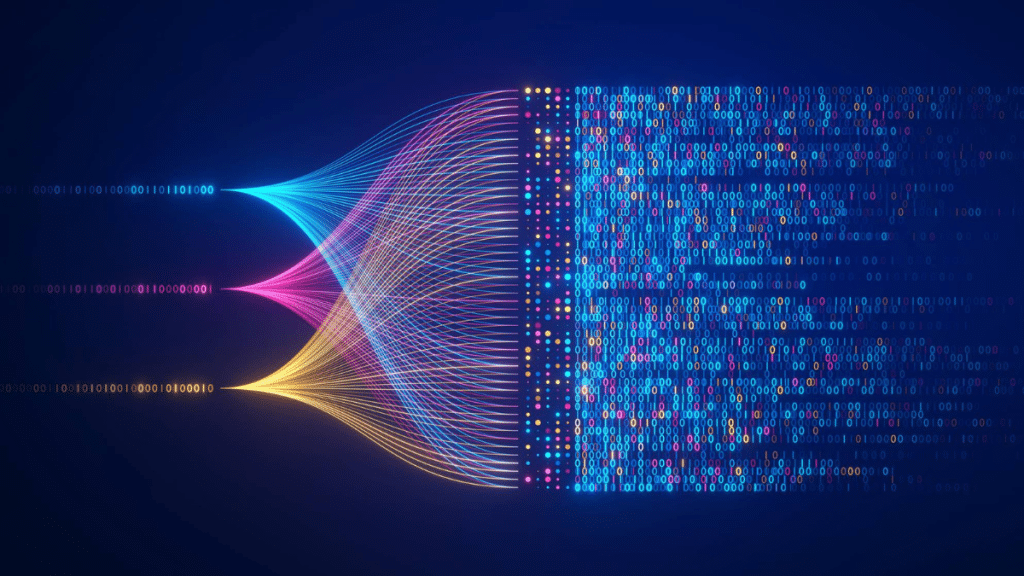Jonathan De Vita is a computer scientist who studied AI and coding at Lancaster University. This article will look at machine learning, a discipline now regarded as the cornerstone of technological advancement, an ethos crystalised by the current stampede in generative AI.
Through 2024, generative AI had a transformative impact on a wide range of industrial sectors, marking the start of a trend that is not expected to abate anytime soon. Processing and generating various types of data rather than focussing on just one, multimodal AI enables operators to translate text-to-image and image-to-audio, a capability that experts predict will become more useful and important in many industries, placing the onus on forward-looking business owners to invest in multimodal AI technologies.
With an ever-increasing emphasis on integration of specialised generative AI applications, businesses are predicted to adopt sophisticated data architectures combining traditional databases with AI-optimised storage systems. Experts anticipate that hybrid storage solutions and vector bases will evolve to better support AI workloads, facilitating faster data retrieval, improved context management and more efficient handling of diverse data types.
Federated learning is a technique that facilitates collaborative training on multiple devices without exchanging individual data, allowing each device to process data locally while only sending learned updates such as model parameters to a centralised server. This mode of learning helps to ensure increased data privacy, presenting significant advantages in industries with higher privacy compliance standards, such as finance or healthcare. Given the AI systems advancements already achieved over a relatively short space of time, federated learning will become a no-brainer for companies aiming to enhance security.
Autonomous agents are AI systems capable of working independently without direct human intervention. Although autonomous agents have existed for some time, development of language learning models (LLMs) has paved the way for exponential advancements in the field. Leveraging the power of LLMs, autonomous agents can process all manner of environmental information, assessing a wide range of available tools, such as web scaping, APIs and retrieval augmented generation (RAG) systems. This has enabled agents to iterate and refine their processes, utilising all available resources to achieve optimum outcomes, in much the same way that a human would approach the task. Moving through 2025, RAG systems are predicted to advance significantly through the integration of agentic capabilities, enabling them to fetch, validate and update knowledge bases to avoid knowledge gaps and maintain data freshness.
As AI systems become more advanced and integral to critical operations, experts predict an increased focus on security among risk-savvy business owners, with increased investment in creating comprehensive security frameworks specifically designed for AI systems. Such infrastructure will be needed to address vulnerabilities in data pipelines, model architecture and deployment systems, providing protection against threats such as data leakage, model poisoning and prompt injection attacks.
